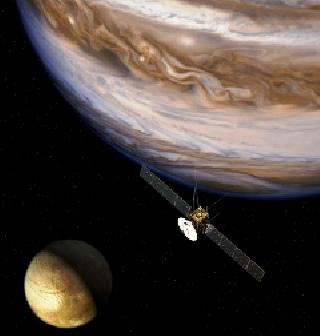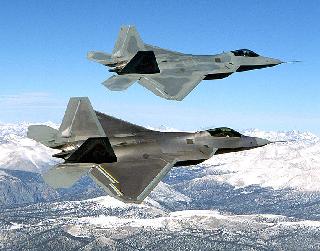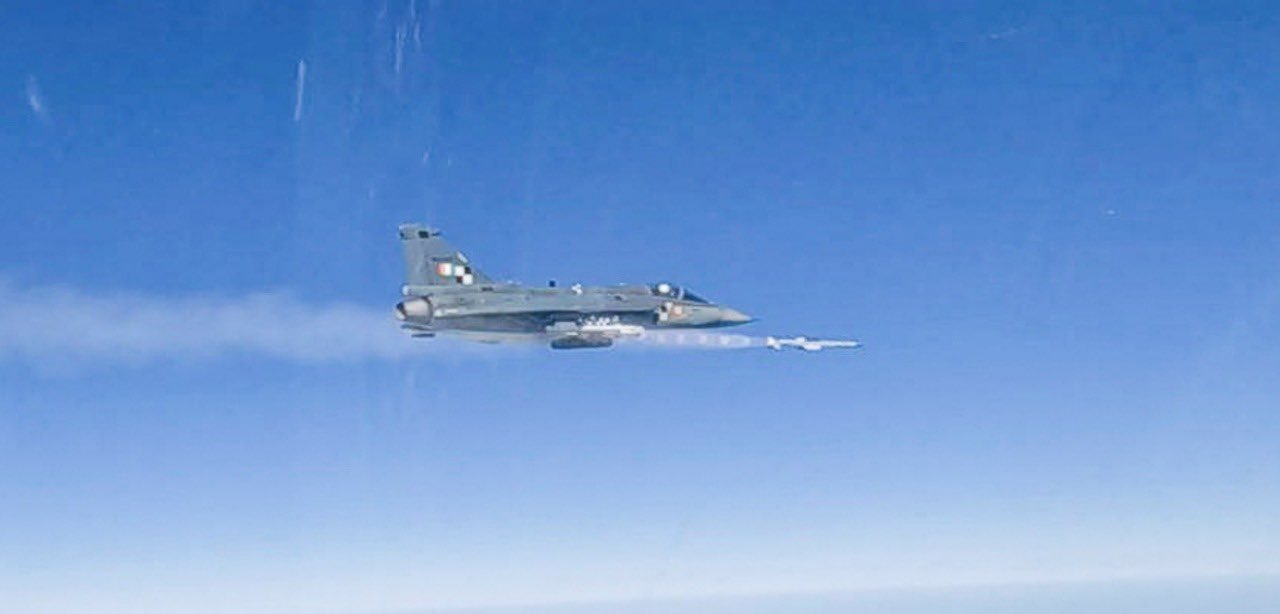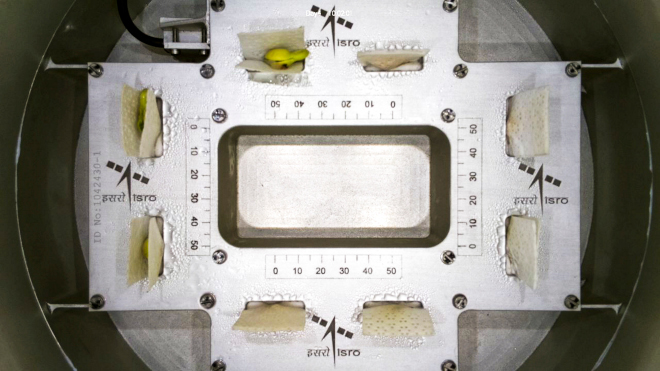
Artist's impression of JUICE. Photo: ESA/AOES
WASHINGTON (BNS): NASA has selected key contributions to a 2022 European Space Agency (ESA) mission that will study Jupiter and three of its largest moons in unprecedented detail. The moons are thought to harbour vast water oceans beneath their icy surfaces.
NASA's contribution will consist of one US-led science instrument and hardware for two European instruments to fly on ESA's Jupiter Icy Moons Explorer (JUICE) mission. JUICE will carry 11 experiments developed by scientific teams from 15 European countries, the United States and Japan.
The spacecraft will orbit Jupiter for three years and travel past its moons Callisto and Europa multiple times, then orbit Ganymede, a moon larger than the planet Mercury. JUICE will conduct the first thorough exploration of Jupiter since NASA's Galileo mission from 1989-2003. By studying the Jupiter system, JUICE will look to learn more about the formation and evolution of potentially habitable worlds in our solar system and beyond.
"NASA is thrilled to collaborate with ESA on this exciting mission to explore Jupiter and its icy moons," said John Grunsfeld, NASA's associate administrator for Science in Washington. "Working together with ESA and our other international partners is key to enabling future scientific progress in our quest to understand the cosmos."
The solar-powered spacecraft will carry cameras and spectrometers, a laser altimeter and an ice-penetrating radar. The mission also will carry a magnetometer, plasma and particle monitors, and radio science hardware. The spacecraft is scheduled to arrive at the Jupiter system in 2030.
"The selection of JUICE's instruments is a key milestone in ESA's flagship mission to the outer solar system, which represents an unprecedented opportunity to showcase leading European technological and scientific expertise," said Alvaro Gimenez Canete, ESA's director of science and robotic exploration.
NASA invited researchers in 2012 to submit proposals for NASA-provided instruments for the mission. Nine were reviewed, with one selected to fly. NASA agreed to provide critical hardware for two of the 10 selected European-led instruments. NASA's total contribution to the JUICE mission is $100 million for design, development, and operation of the instruments through 2033.
 Previous Article
Previous Article Next Article
Next Article











The Indian Air Force, in its flight trials evaluation report submitted before the Defence Ministry l..
view articleAn insight into the Medium Multi-Role Combat Aircraft competition...
view articleSky enthusiasts can now spot the International Space Station (ISS) commanded by Indian-American astr..
view article